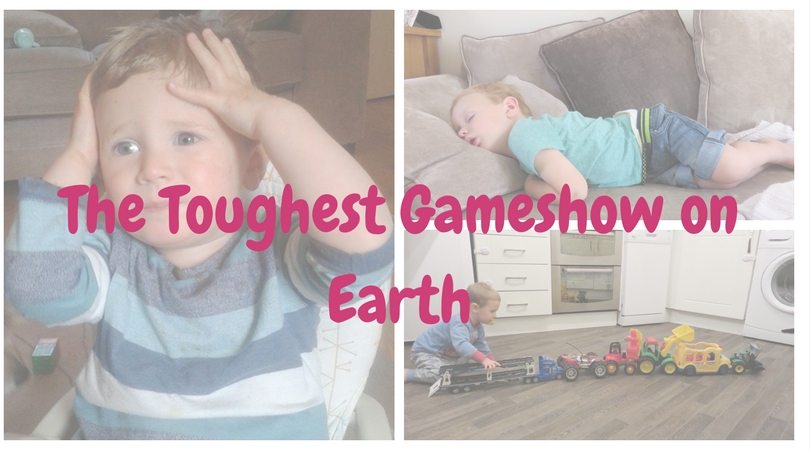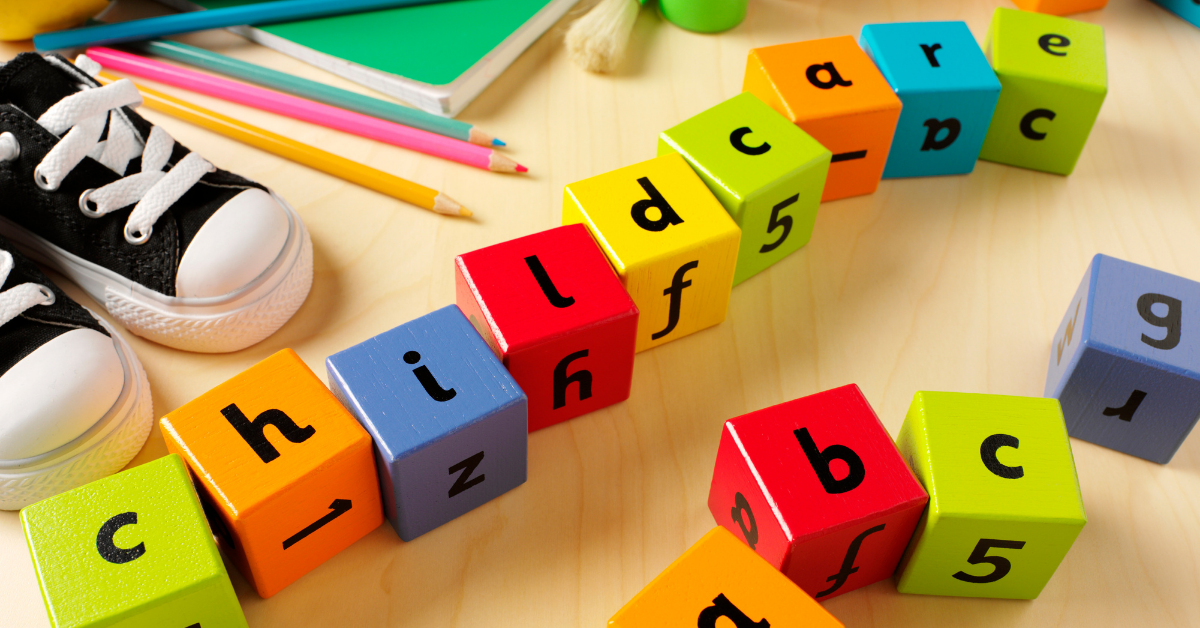
What You Need to Know About Occupational Therapy for Your Children

*Collaborative Post
Did you know that one in four kids enters kindergarten with speech, fine motors skills or gross motor skills delays? It might be something really simple such as properly holding a pencil or using scissors. Or perhaps they struggle to cooperate with classmates. Whatever the case, these children may well need a little extra help sharpening their emotional, social and physical skills. That’s where occupational therapy comes in.
Occupational therapy uses various exercises to help kids overcome physical, sensory and cognitive problems. That way they can gain their independence and enjoy happy, healthy lives. Unlike physical therapy, OT focuses on cognitive, visual-perceptual, sensory processing and fine motor skills.
1. Most Insurance Policies Offer Coverage
Cost is one of the biggest factors that holds parents back from seeking medical attention — for themselves and for their kids. Sometimes, professional help is simply too expensive to consider. Luckily, most health insurance policies offer some form of occupational therapy.
Remember to do your research and read the fine print before scheduling an appointment, though. Some companies only cover OT for specific reasons or in certain settings. Ask your pediatrician for the diagnostic code for such an appointment so you can determine whether your health plan actually covers it.
2. You Don’t Need a Referral
That’s right. Contrary to popular belief, you don’t need a referral to take your children to an occupational therapist. All 50 states have approved direct access to OTs, so all you have to do is pick your favorite one — or whichever one’s in-network.
If the choice seems overwhelming or you’re struggling to narrow down options, give your kids’ pediatrician a ring. They may recommend one over another based on your little ones’ condition and symptoms.
3. Develops Fine Motor Skills
Unlike physical therapy exercises, that focus on gross motor skills, OT develops fine motor skills like pinching and grasping. These abilities are especially important for young children who are learning fundamentals like writing and coloring inside the lines.
Help your little ones increase strength and dexterity in their hands, fingers, wrists and forearms with OT exercises made just for kids. Eventually, they’ll be able to hold toys, toss balls and even use a keyboard all on their own! Kids intensive therapy just takes some practice, patience and plenty of help from their therapist first.
4. Improves Hand-Eye Coordination
Does your four-year-old struggle to button his shirt? Perhaps your toddler is still unable to use a spoon or cup. If so, they may need some assistance improving their hand-eye coordination skills. Luckily, occupational therapists can help!
In each session, your little ones will learn self-help skills like dressing, brushing, drawing and writing. Activities like throwing, catching and pointing can also aid those with sensory processing issues. Odds are the therapist will give your kids activities to try at home, so prepare to get involved.
5. Addresses a History of Trauma
Many occupational therapists also address needs related to a history of trauma. Whether you adopted your kids from a troubled home or have your own family drama to deal with, OT can help your kids cope.
When you book your first appointment, their therapist will assess your kids’ daily function and make note of any perceivable processing needs. To the outside observer, your children may some completely fine but, time and again, children of trauma show they have special “hidden” needs that need just as much attention as physical ones.
6. Special Equipment May Help
Sometimes, OT alone isn’t enough to help your child overcome developmental delays. Rather, they need supplemental medication or equipment to support them on the journey. For instance, a trampoline can help integrate sensory input and facilitate muscle strength and motor planning. Weighted items like vests and blankets can also increase body awareness and induce calm in anxious kids.
Sometimes, assistive technologies like gait trainers, vestibular therapy devices and other equipment may be necessary to better support your kids’ progress. Luckily, many therapists’ offices come equipped with these items so your children can overcome their challenges and develop into happy, healthy adults.
7. Treatment Plans Are Individualized
Whatever struggles your kid has, an occupational therapist can help. By assessing their abilities, lifestyle and health requirements, they can craft an individual treatment plan specially for them.
That said, your daughter might need completely different activities and care than your son — and vice versa. Be willing to take them to different appointments, or even different therapists, so they can receive the individualized care they need to succeed.
Is Occupational Therapy Right for Your Children?
Studies show that 25% of kids enter kindergarten with developmental delays, and that was before the pandemic. Now, many parents are noticing developmental regression, too. Some children are losing muscle tone, communication skills and other important aptitudes, especially those learning from home due to lockdowns.
Knowing when to seek help can be tricky. If you’ve noticed some of the above warning signs in your children, perhaps it’s time to consider occupational therapy. Talk to your family doctor or pediatrician for further advice. They may recommend trying a few exercises at home before committing to weekly OT appointments.
*This is a collaborative post. For further information please refer to my disclosure page.




